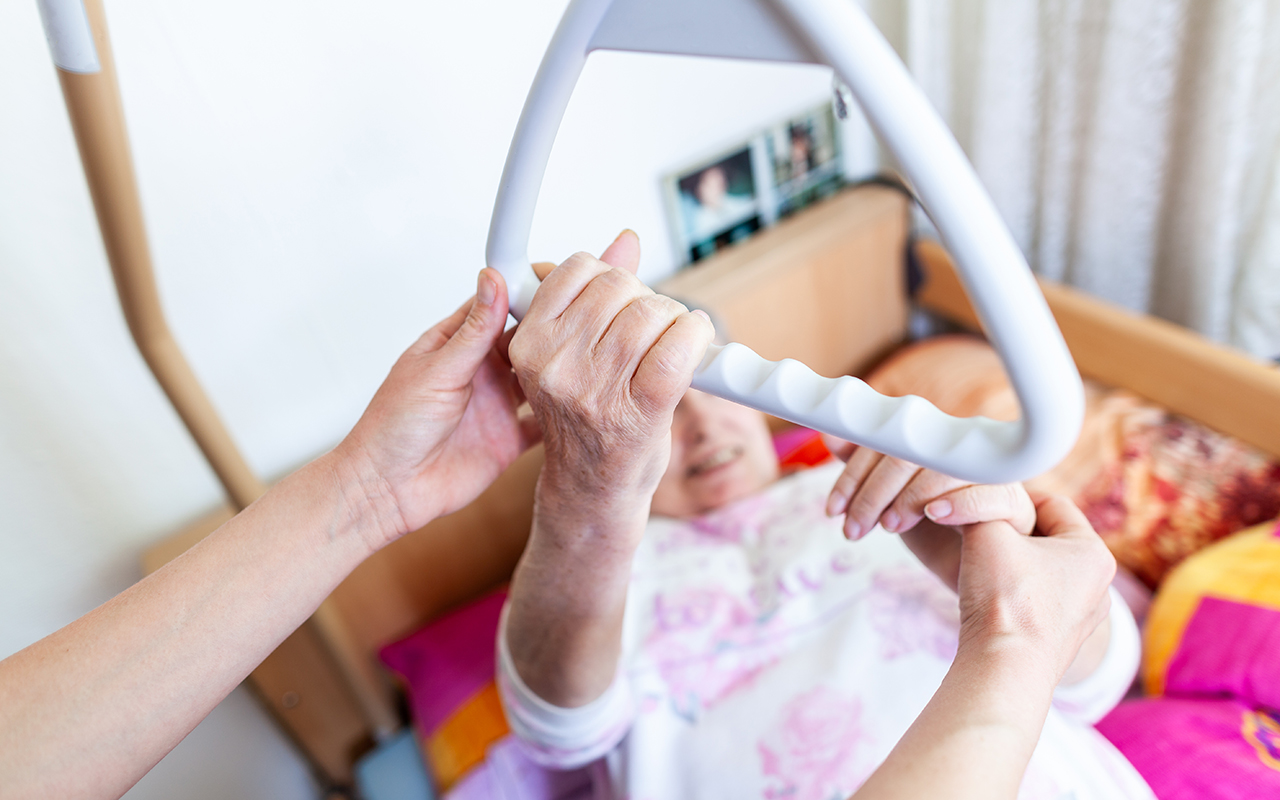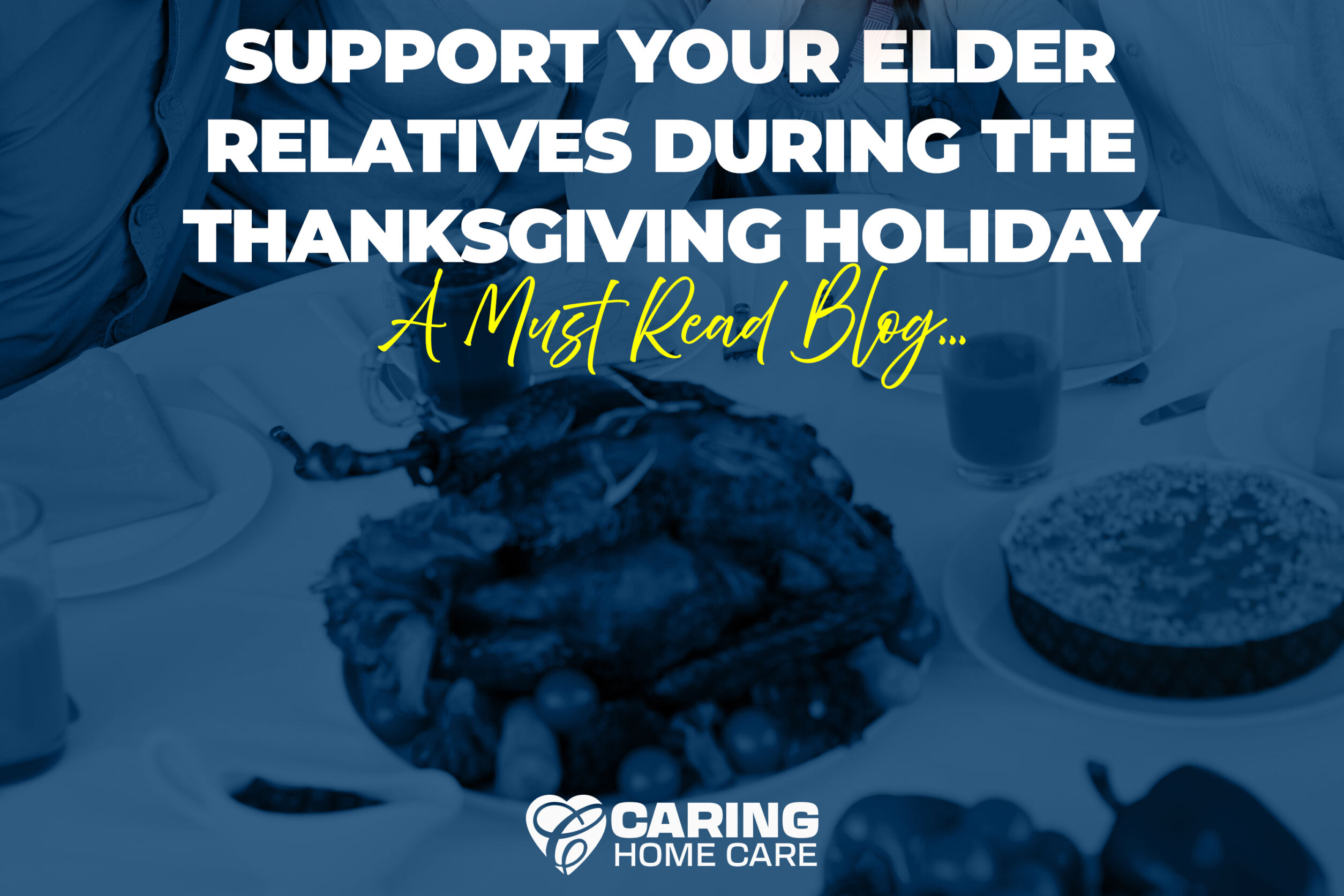Share
There often comes a time when older adults experience loneliness, develop medical problems that require continuous care, or are unable to care for themselves. As a result, they and their family members are forced to decide which living arrangements are the best for their health and quality of life. The decision is usually between in-home care and assisted living facilities. Families must understand these options and their differences in order to choose the right type of care.
What Is In-Home Care?
Older adults have created lives in their homes, so they generally want to stay there. They’re used to their surroundings and have daily and nightly routines that they don’t want to change. Sleeping in their own beds is often a sticking point as well.
Fortunately, in-home care is care that’s provided in the home, allowing your aging loved one to maintain a sense of independence. Even though it can take many forms, it allows older adults to receive professional care without leaving their homes. The type of care that they receive and how long the caregivers stay depend on the specific needs of each person. For instance, they could receive help with completing daily activities, such as:
- Bathing.
- Cleaning house.
- Cooking.
- Getting dressed.
- Running errands.
- Using the toilet.
Additionally, many professional in-home caregivers can provide medical assistance. More than one caregiver could help take care of one person too. The professionals may visit older adults for several hours at a time or live with them to provide ongoing care.
What Is Assisted Living?
Assisted living is vastly different because it involves older adults moving out of their homes and into homelike care facilities. These centers could have shared or private apartments in a couple of buildings or small homes spread across a large campus.
The living quarters have bedrooms and bathrooms. Some of them have kitchens as well, but centers that don’t offer private kitchens typically serve meals in a dining hall or deliver them to the residents. Several social activities and events are available as well.
In any case, assisted-living centers don’t constantly supervise or treat the older adults who move there, which makes them much different from nursing homes. Instead, 24-hour assistance is available when the residents need it, including round-the-clock staff for emergencies. This approach allows older adults to maintain their independence for as long as possible without putting their safety in jeopardy.
Differences to Consider When Choosing the Right Care
When you’re choosing care for yourself or a family member, it’s important to consider several factors. For example, in-home caregivers can offer companionship, but it may not be the same as the social activities that are available to groups of aging adults at assisted-living centers.
If you determine that in-home care is the best solution for your situation, consider finding a professional caregiver through Caring Home Care. From companionship to live-in care, our in-home caregivers provide a range of services. The team at Caring Home Care can help you find the right caregiver for your needs.
How Caregivers Can Reduce Injury While Assisting Seniors Providing daily care for seniors is meaningful work. It can also be physically demanding. Many caregiver injuries happen during lifting, transferring, or repositioning seniors. These injuries are often preventable when proper techniques are used. Learning caregiver injury prevention strategies protects both the caregiver and the senior. It
Why Professional Home Care Is Safer Than Family Only Care Caring for an aging loved one is deeply personal. Many families step in with the best intentions. However, as care needs increase, family only caregiving can become overwhelming and risky. This is where professional home care plays a critical role. Professional caregivers are trained, experienced,
Connecting During the Thanksgiving Holiday: How to Support Your Elder Relatives The Thanksgiving holiday is a time filled with warmth, gratitude, and meaningful family traditions. However, for many older adults, it can also be a period of loneliness or emotional distance. This is especially true for seniors who live alone, have limited mobility, or are
Transition to In-Home Care: Helping Seniors Adjust Comfortably to Elderly Care Services Understanding the In-Home Care Transition The decision to begin in-home care is a big step for both seniors and their families. It often marks the start of a new chapter—one focused on safety, comfort, and support. However, the in-home care transition can bring
Need A Caregiver? Fill Out Form Below
With our competitive rates, we make receiving in-home care affordable regardless of whether you’re using your insurance or paying out of pocket.






